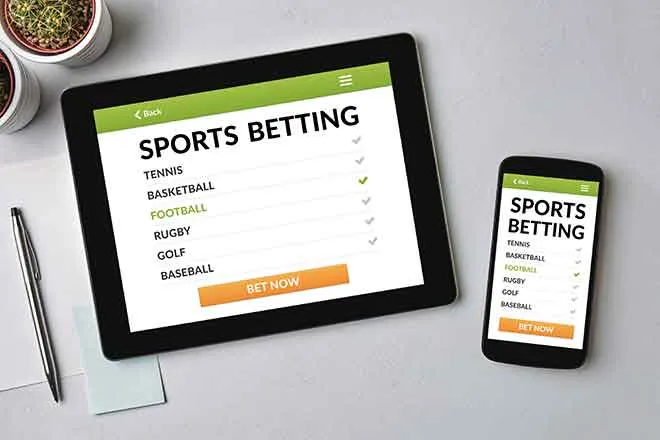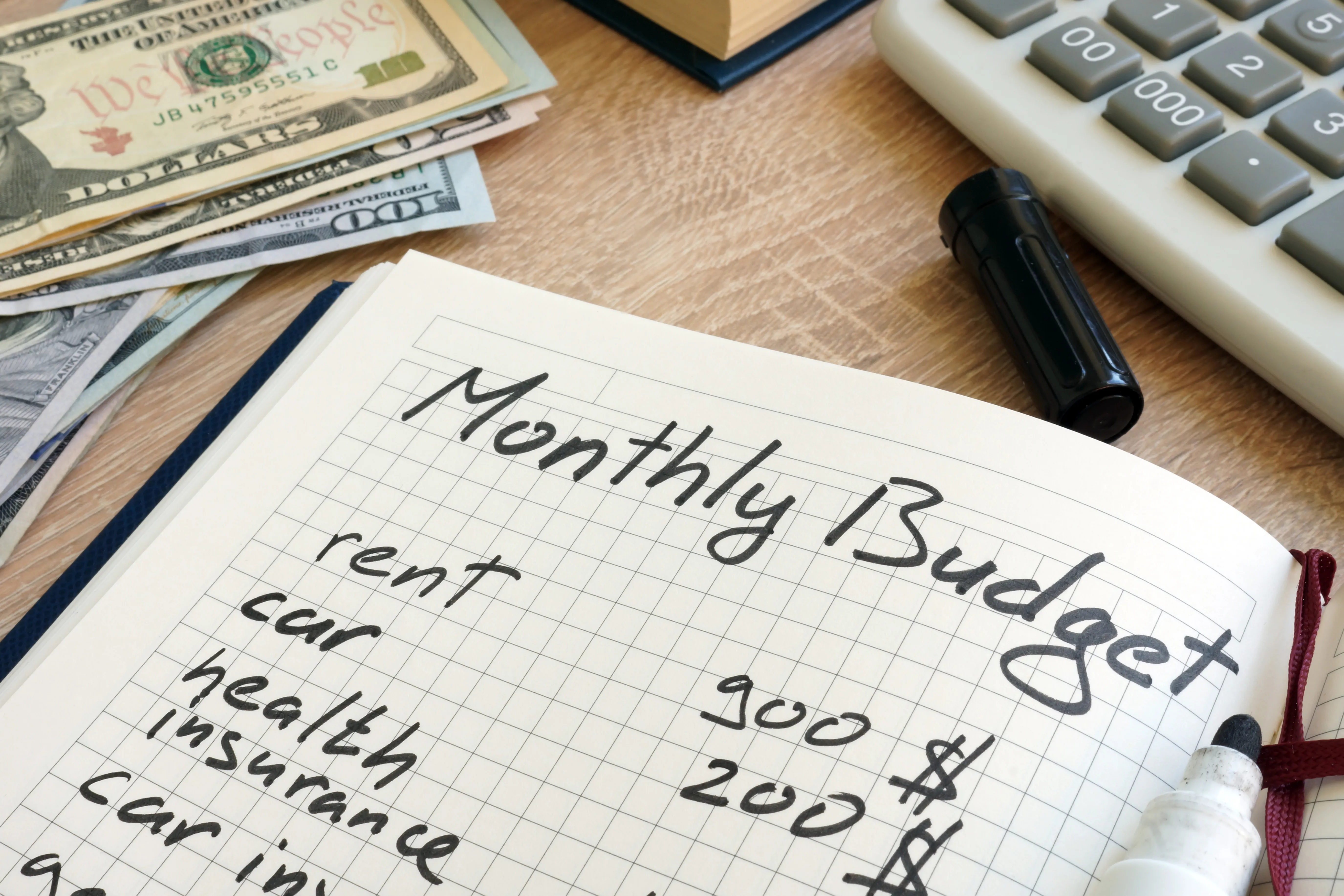
Feds issue warning about student-loan debt-relief scams
(California News Service) Scammers targeting student-loan borrowers are shifting into high gear - spurred by the uncertainty surrounding President Joe Biden's debt-cancellation plan. The Supreme Court will hear a case in late February that seeks to strike down the administration's plan to offer up to $20,000 in debt relief to low-income student loan borrowers.
Michelle Grajales, staff attorney with the Federal Trade Commission attorney, said fraudsters are playing on people's anxieties.
"A major red flag is any company that calls you up and asks you to pay now for help with your loans later. Because that's something that's specifically prohibited under one of the rules we enforce. And so it is really unlikely to be a legitimate company," she said.
The president's debt-cancellation plan is currently on hold while the litigation continues, so it is not processing any applications. The website of the U.S. Department of Education, studentaid.gov, has a link to sign up to be notified if the program is restarted. The pause on federal student loan payments has been extended until the litigation is resolved. The best place to start for accurate information about your loans is to contact your federal loan servicer.
Some scams promise to reduce or zero out your monthly payment, and some target parents who have co-signed on Parent Plus loans. Grijales said the familiar adage applies: "if it sounds too good to be true, it probably is," she said.
"It could be loan forgiveness. It could be, 'Hey, pay us X amount, and we'll get your loans forgiven right now, or we'll get some large amounts of your principal balance forgiven or canceled,' right? And that might be a benefit that the consumer doesn't actually qualify for," she said.
She added that other scams are circulating where they purport to be your loan servicer and ask that you route your payment through them. Other scams are intended primarily to get people to divulge their personal identity or banking information. For more tips, go to the Federal Trade Commission website.
















